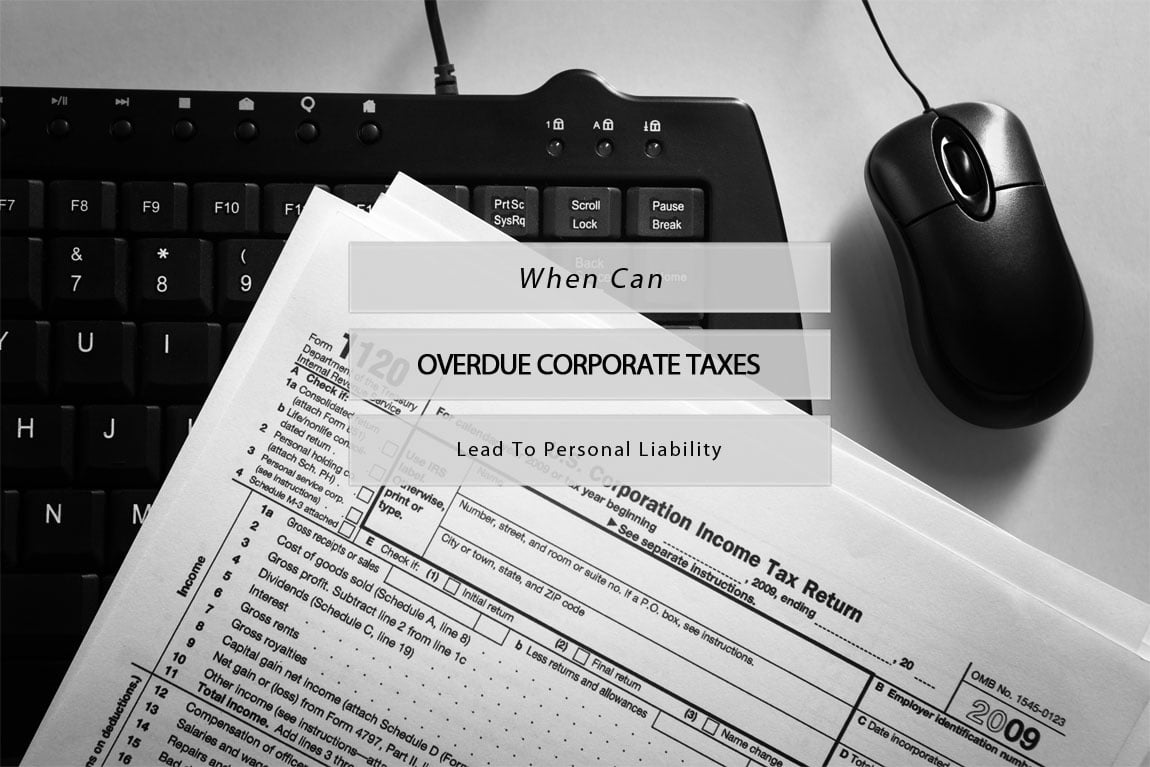How Silver Law Can Help Represent You in Phoenix Criminal and Civil Tax Litigation How…
Corporations are obligated to pay a number of taxes, including payroll taxes, sales and use taxes, and income taxes. If they fall behind or they fail to pay, the IRS will come calling and could levy fines and penalties. At first, the IRS will work out a payment plan, but then it will try to collect what it’s owed by putting liens on company property or garnishing profits.
The trouble is that once many corporations reach this point with the IRS, they simply decide to close up shop. They declare bankruptcy or just let their operations dissolve while the creditors snatch up scraps like dogs.
When this happens, the IRS isn’t just going to roll over and play dead. They are going to use whatever means is at their disposal to collect what they are owed. That includes going after the responsible parties in the corporation for those unpaid taxes. For help from qualified Las Vegas IRS tax lawyers, contact Silver Law PLC.

State and federal laws determine who in the corporation is responsible for paying the company’s taxes — and, therefore, who could be held liable if those taxes go unpaid. Typically, any person in the company who is required to collect, pay over, or financially account for taxes paid to the IRS may be held liable for the failure of payment. That can include the bookkeeper, chief financial officer, any person working in the accounting department, the payroll supervisor, and so on.
In some cases, a person’s title alone could determine their liability. For example, a chief financial officer or head of accounting would almost certainly be held liable for unpaid corporate taxes as these positions would be directly responsible for the payment of these taxes or for the supervision of their payment.
In most cases, the person’s job responsibilities and the reasonable expectation of their duty to act would determine their liability. The courts would consider issues such as the person’s ability to sign checks or make financial decisions, the person’s authority over other employees, the person’s responsibility to remit taxes, the person’s knowledge of tax obligations and failures, and so on.
If the person is found to be liable, the IRS could seize their personal assets or could levy fines and other penalties against them.
There are numerous corporate taxes for which an individual could be found liable if they are not paid. Some of these taxes include:
Individuals could be found to have joint liability, or they could be charged with sole responsibility in the absence of having a corporate entity with which to share responsibility.
Not only could individuals be charged with paying the delinquent taxes, but also the penalties and interest that have accrued over time. Depending on the size and age of the debt, this could be a sizable amount.
It is of critical importance that you work with an experienced corporate tax lawyer to fight these charges. Otherwise, you could end up losing everything you have. Getting the right IRS tax help can make the difference to your entire future.
An experienced tax attorney in Paradise Valley will be able to build a case showing that others in your corporation had responsibility for these taxes while also minimizing your responsibility. The right attorney will fight to reduce or eliminate any of the liability you face so that your personal assets are protected and only the remaining corporate assets are used to satisfy the debt.
Published By:
7033 East Greenway Parkway, Suite 200
Scottsdale, Arizona 85254.
Office: (480) 429-3360
Website: https://www.taxcontroversy.com
How Do I Handle a Criminal Tax Investigation By The IRS? Paying taxes is a…
Recent Injunctions Updates To Beneficial Ownership Reporting Requirements Breaking Down The Latest Changes To BOI…
What Should I Do If I Disagree With The Outcome Of An IRS Audit? Learn…
4 Tax Schemes From The IRS's "Dirty Dozen" List That Can Get The Average Taxpayer…